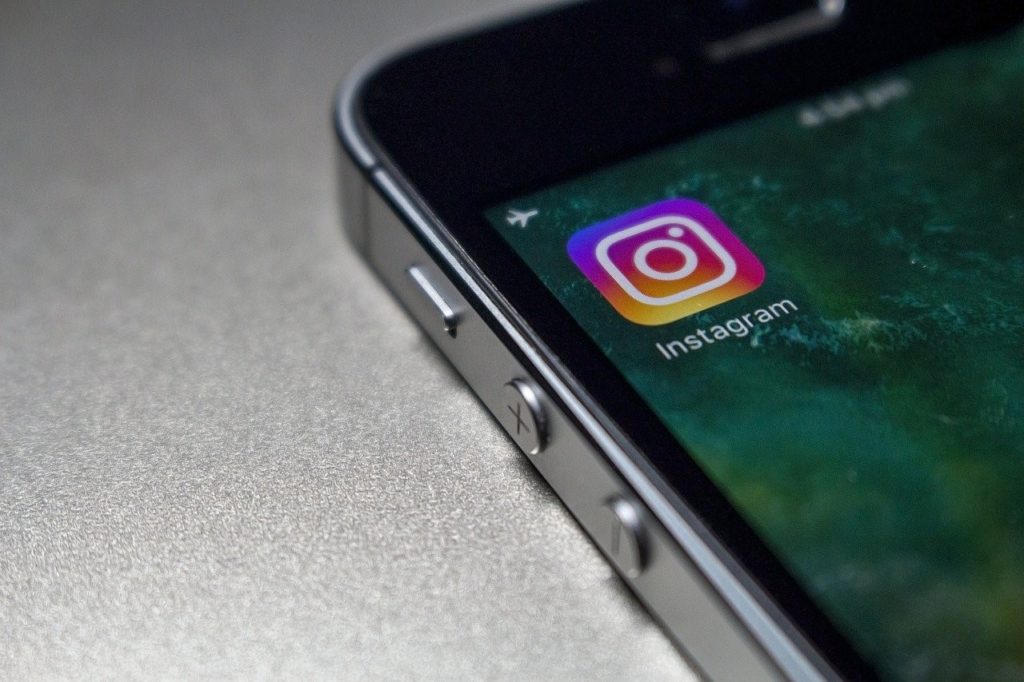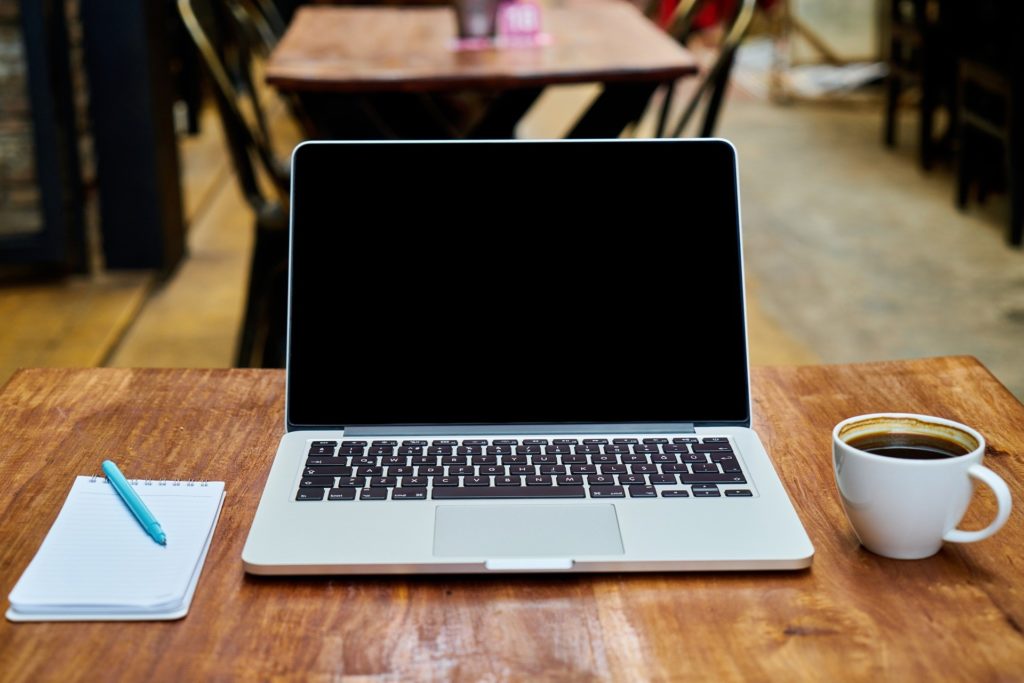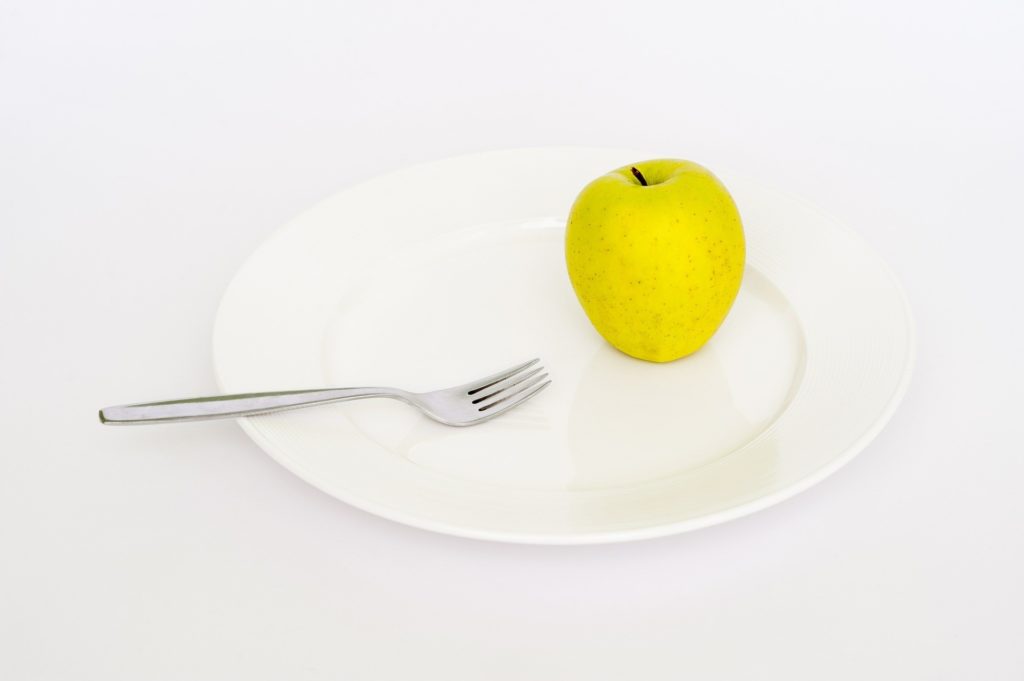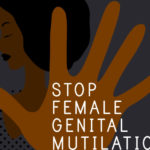Body positivity has been a lifesaver for me. Not only did it help me accept my body and my budding eating disorder, but it also made me look differently at its history of sexual abuse and trauma. Thanks to the various media outlets through which the bopo-movement expresses itself, I am setting steps towards healing.
The body positivity movement found me in a difficult period when it came to body image. I was following a strict no-carb, protein-loaded diet called for by my fat-phobic GP. Weighing more than one hundred kilos, losing that weight became my own and my surrounding’s main objective. Deemed obese, and therefore a failure, I was encouraged to embark on this less than 1000 kcal journey. Soon I started shedding the kilos, but not my insecurity or problems with intimacy. I received many compliments, but I didn’t even dare look at myself naked in the mirror.
The truth is, I was never bothered by my size. I did find myself gruesome and damaged, but on an existential level. The fact that I existed and took up space was an insult to the world. Several traumas induced a self-hatred in me that food nor the lack of it could not solve. I had to find another way to restore this relationship with myself. That’s when the body positivity movement came along.
I am trying to get in touch with like-minded people, with the aspiration of building a community in which I can thrive through sharing and feeling connected.
The meaning of Body Positivity
So what is bopo or Body Positivity? Well, the term itself says it all. It’s about being confident about and pleased with your own body and acting in ways that show this love towards yourself. That’s where the buzzword self-care comes into play. Nurturing yourself just the way you like and need it, is an important part of body positivity.
Does this mean bopo is something highly individual and selfish by nature? No! As a matter of fact, you could call it a social movement. Respecting your own body often leads to rejoicing in other people and their form and figure. It is also often by getting inspired by the radical self-love of others that you feel better about yourself. Social media can play a big part in this, as can other forms of personal media like zines or blogs.
Instagram, but also Zines
In my particular case, two forms of expression were particularly helpful. On Instagram, I lurked around at first, anonymously, looking at pictures and captions by women I admired. Not because they were superhuman, but more so because they were extraordinarily human. They dared be themselves in all their glory. If they wanted to post a picture of their bodies, they did. If they wanted to show their ugly cries, they did that as well. From the safety of my own home, which is a great plus for someone with agoraphobia, I could see women who I could relate to.
Zines did the same but in the form of words. Zinesters share the most private things, from how their periods are like to the texture of their bodily hair. It is liberating to see that these things can be spoken about and that we women share all these kinds of experiences. Usually, they are swept under the rug, but we have the power to break the silence. This has inspired me to be more honest as well, even though it has to be made clear that there is no obligation to do so. You can say what you want.
Getting Active
I started as a passive observer, but I’ve recently started getting active as well. I am writing for zines and making my own. I write about my struggle with weight and self-image. After a brief break from Instagram, I am brooding on a new profile, parallel to my EMDR trajectory. Coming in close contact with my own body and caring for it, has made me realize I have to do something about the undisclosed emotions and fears that have held me hostage for so long. So now I am learning to share things about myself with the internet and my therapist both alike. This to inspire others, but also myself, to not be ashamed of who I am.
Nurturing yourself just the way you like and need it, is an important part of body positivity.
My offline life is transforming, as well. I am actively seeking out events that are compatible with my anxiety issues, but that nourish me nevertheless. I am trying to get in touch with like-minded people, with the aspiration of building a community in which I can thrive through sharing and feeling connected. Being from a rural environment, this is not always easy, but you can get far by train and other means of public transportation.
Not Perfect
I’m still counting carbs, nevertheless. Resistance to that is futile. I lost 20 kilos, but I’m still considered fatter than average. I went from really really chubby to chubby, which is, according to some people, nothing to be proud of. I get asked how much I want to lose next on a daily basis. I’m not proud of myself either, but for an entirely other reason: for giving in to diet culture. I would finally be satisfied if I could find a healthy way of sustaining myself, which didn’t involve me standing on the scales three times a day.
Yet I accept that this is the way it is right now and that I will always struggle with food. This doesn’t make me a bad person. I am not a failed beauty queen, nor am I traitor of the body positive movement because I am not 100 percent happy about myself. Even though my relationship with my body is flawed, I am beautiful inside and out. I am making it up to myself too, with a new sort of diet: a Real and Inspirational People diet. I unfollowed everyone on Instagram who doesn’t inspire me to love me as I am. That is my very own beauty standard. Whenever I look at my feed, I put the kettle on and grant myself a biscuit. Progress – that is.








Average Rating